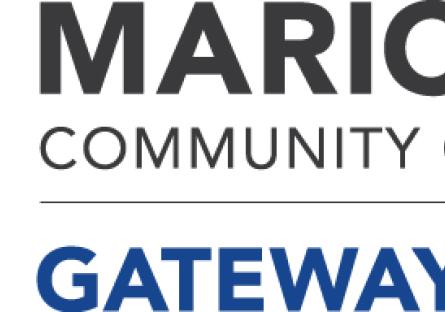
Psychology faculty, Dr. Andrew Lenartz provides some tips regarding the use of social media for teenagers.
The use of social media plays a role in many aspects of students’ lives including communicating with friends, connecting to family, establishing relationships, providing entertainment, and as a source of information. There are certainly benefits provided by the use of social media. A recent study (1) has found that the use of social media can help establish and maintain relationships, as well as increasing “social capital”, which is a way of measuring relationships. And Alemàn and Wartman (2) describe a number of ways that students use social media constructively, as well as examples of how colleges are using social media to connect with students.
However, there is a potential downside. The improper use of social media can have consequences for students both in the present and long into the future. This can be due to actions taken by the user as well as actions out of their control, such as a recent ethically and legally dubious study conducted on Facebook to manipulate users’ emotions.
Here are 5 recommendations for sharing on social media:
1) Monitor and adjust your profile settings on social media sites.
Review any updates to the settings and make changes to ensure you are sharing information only with those you intend to.
2) Understand the limitations of “private”.
As recent celebrity data breaches have shown, security is important. Restricting access may not be enough – avoid sending, sharing, or even having potentially embarrassing or problematic material in the first place.
3) Consider the long-term implications of what you post.
A good approach is to ask the question: what happens if my mom sees this?
4) Use extra caution when using social media in the workplace.
Have a good understanding of the policies and rules for your place of employment before posting while at work or about your work.
5) Save topics that are difficult, complex, or will potentially cause an argument for in-person conversations or phone calls.
Yes, direct communication is still an option. Despite increasingly alarmist reports stating otherwise, this is still a viable option. It may appear that using electronic communication will save a few minutes, but many of us have experienced communication misunderstandings that took the rest of the day to clear up.
Works Cited:
1) Ellison, N. B., Vitak, J., Gray, R. and Lampe, C. (2014), Cultivating Social Resources on Social Network Sites: Facebook Relationship Maintenance Behaviors and Their Role in Social Capital Processes. Journal of Computer-Mediated Communication, 19: 855–870. doi: 10.1111/jcc4.12078
2) Martínez-Alemán, A. M., & Wartman, K. L. (2008). Online social networking on campus: Understanding what matters in student culture. Routledge.